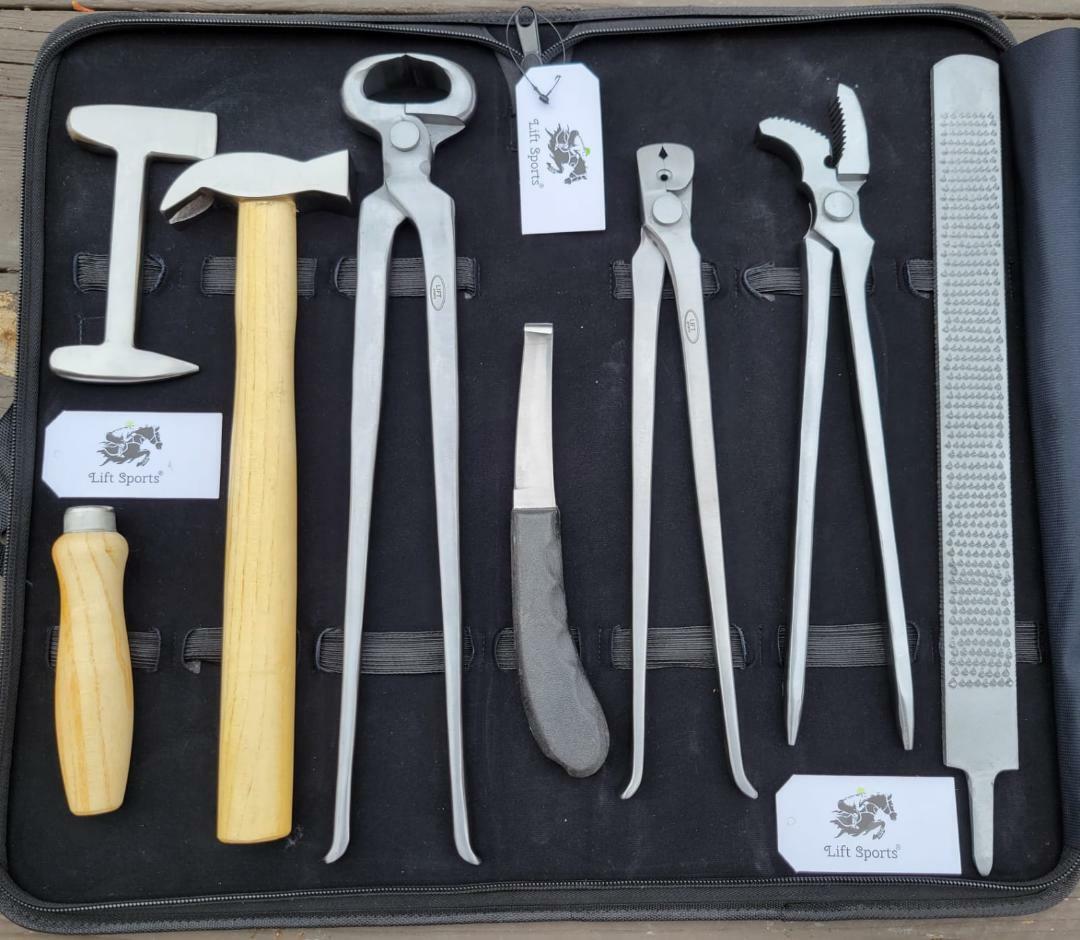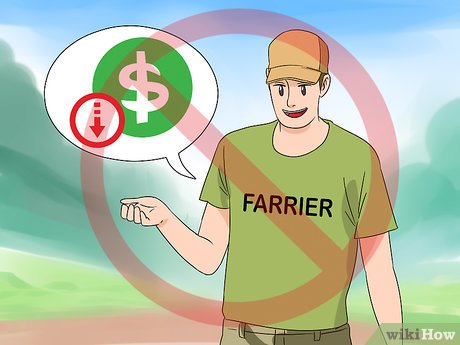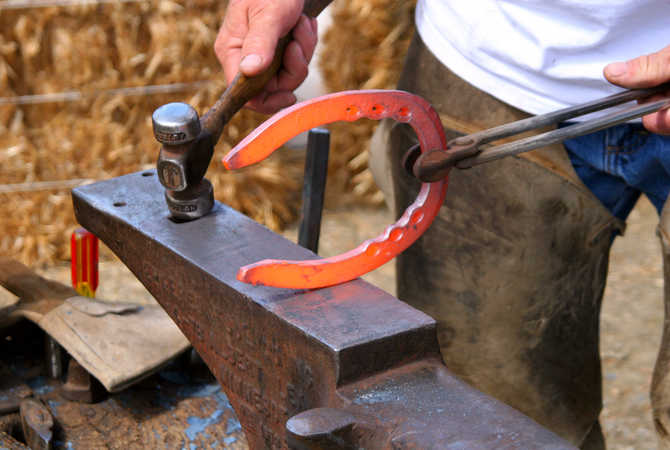Choosing the Right Farrier for Your Horse

Selecting the right farrier is crucial for maintaining your horse’s hoof health, overall well-being, and performance. This guide will help you understand what to look for, how to evaluate farriers, and why their role is so important.
Why a Good Farrier Matters

A farrier is a specialist in equine hoof care, including trimming and shoeing. Proper hoof care prevents lameness, improves comfort, and supports your horse’s athletic abilities. Poor hoof care can lead to serious health issues, so choosing the right farrier is essential.
Key Qualities to Look for in a Farrier
| Quality | Description |
|---|---|
| Experience | Years of practice and familiarity with different horse breeds and disciplines |
| Certification | Credentials from recognized farrier schools or associations |
| Reputation | Positive reviews and recommendations from other horse owners and vets |
| Communication Skills | Ability to explain procedures and answer your questions clearly |
| Availability | Reliable scheduling and emergency services |
Steps to Choose the Right Farrier
- Research and Referrals: Ask fellow horse owners, trainers, and veterinarians for recommendations.
- Interview Potential Farriers: Discuss their experience, methods, and approach to hoof care.
- Observe Their Work: If possible, watch them work on another horse to assess their skill and demeanor.
- Check Credentials: Verify certifications and memberships in professional organizations.
- Trial Period: Start with a few visits to see how your horse responds.
Common Services Provided by Farriers
- Hoof trimming and balancing
- Shoe fitting and replacement
- Corrective shoeing for injuries or conformational issues
- Hoof health assessments
Frequently Asked Questions (FAQ)
Q: How often should a farrier visit my horse?
A: Typically every 6-8 weeks, but this can vary based on your horse’s needs and activity level.
Q: What qualifications should a farrier have?
A: Look for certification from reputable farrier schools and ongoing education.
Q: Can a farrier help with lameness?
A: Yes, farriers often work with veterinarians to provide corrective shoeing that can alleviate lameness.
Q: How do I know if my horse needs shoes?
A: This depends on your horse’s workload, terrain, and hoof condition; a farrier can advise you.
Conclusion
Choosing the right farrier is a vital decision that impacts your horse’s health and performance. By considering experience, credentials, reputation, and communication, you can find a farrier who meets your horse’s specific needs.
This expanded content is designed to be SEO-friendly by incorporating relevant keywords and structured formatting such as tables and lists to improve readability and engagement.
